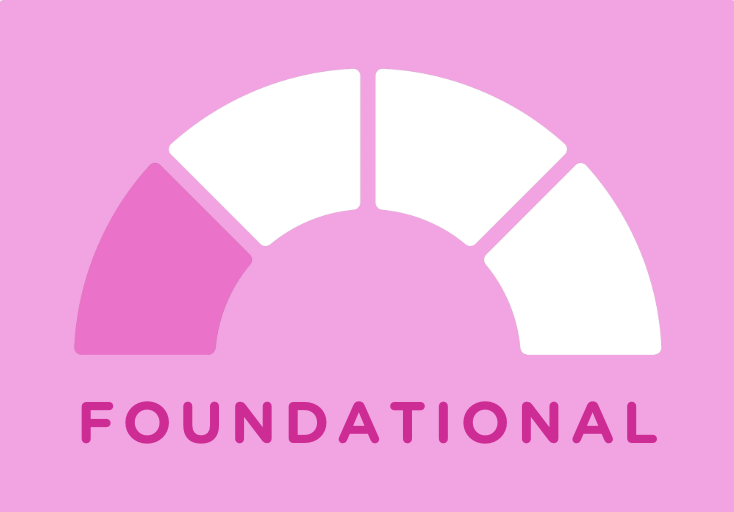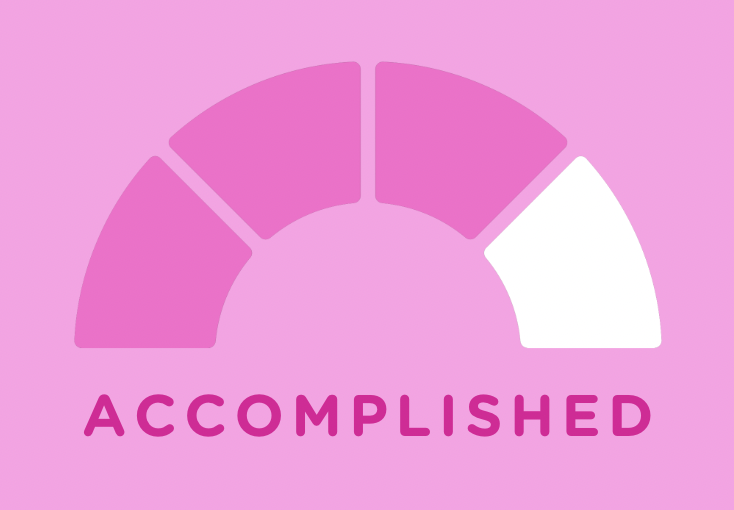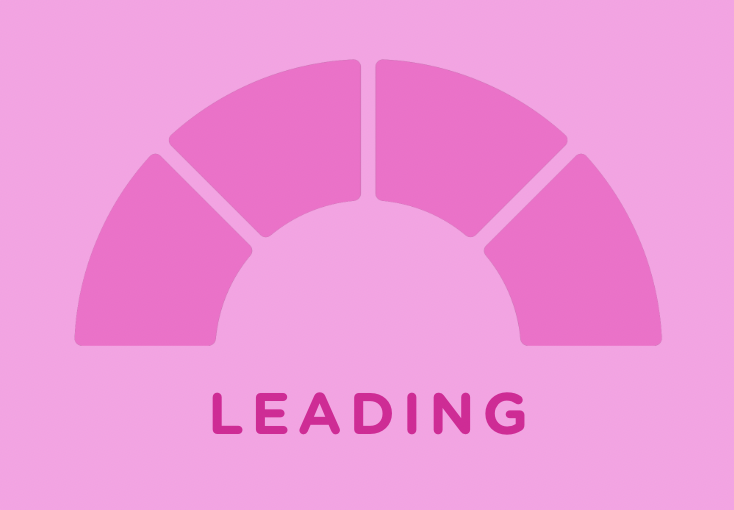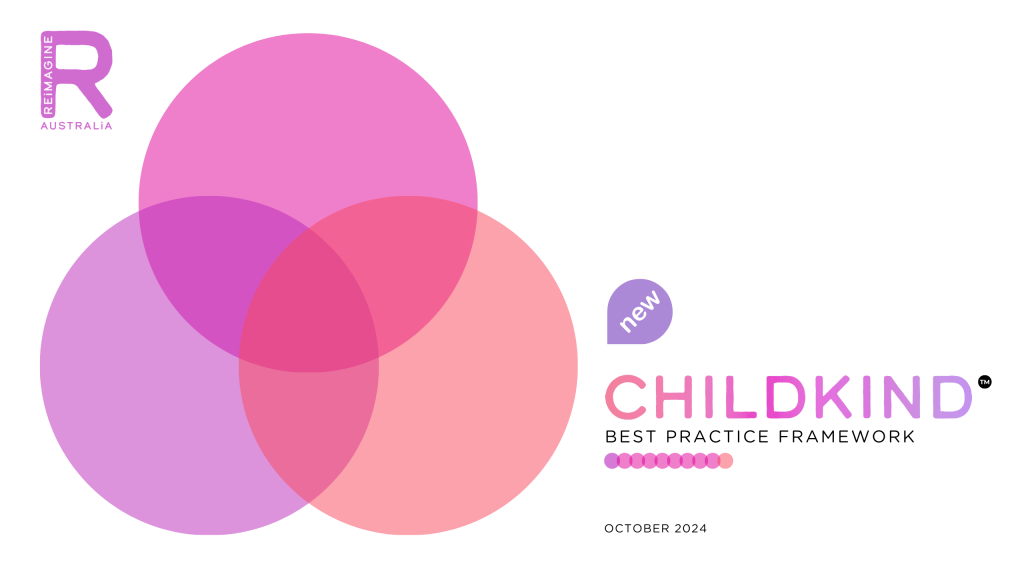KEY COMPETENCY 7.2 – COLLABORATE WITH OTHERS
“I will build networks and develop community connections to enhance support for children and families.”
Network and Community Development is the second competency under the ‘Collaborate With Others’ Way of Working, and relates to the ‘design and delivery of services and supports‘ phase of the child’s early developmental support journey. It is important for:
Resource Accessibility: Build practitioner, family, and community organisations networks to ensure that resources and support services are readily available.
Collaboration Enhancement: Strong community connections promote collaboration and information sharing, allowing for more comprehensive and coordinated care for children with disabilities.
Awareness and Advocacy: Networking raises awareness of the challenges faced by families, fostering collective advocacy efforts to improve services and policies.
Support Systems: Engage in community development to create a supportive environment for families to connect, share experiences, and find mutual support.
Building networks and fostering community connections enhance the resources and support available to children and families. By developing strong ties with local services, organisations, and community members, practitioners can create a more robust support system for the families they work with.
Research highlights the importance of community networks in enhancing early childhood outcomes, particularly for disadvantaged families, and reinforces the role of community development in supporting early intervention, emphasising the benefits of collaboration between community services and early childhood professionals.
Research and Further Reading:
Lyu, W. (2023). Exploring the interventions of different participants in early childhood development. Lecture Notes in Education Psychology and Public Media, 2(1), 472-476. https://doi.org/10.54254/2753-7048/2/2022349
McFarland, L. and Dealtry, L. (2017). Hearing in the early childhood setting: children’s perspectives. Australasian Journal of early childhood, 42(2), 105-113. https://doi.org/10.23965/ajec.42.2.13
Damjanovic, V. and Ward, J. (2023). Communities of practice as a launchpad for social justice planning in early childhood education. Contemporary Issues in early childhood, 24(3), 363-368. https://doi.org/10.1177/14639491231155554
COMPETENCY MILESTONES

I am able to:
Build and maintain collaborative relationships with support providers, advocates and community resources.
Network effectively to connect diverse families with culturally responsive supports and services.
Demonstrate cultural competence in engaging with diverse identities and communities.

I am able to:
Develop partnerships and networks to enhance support services and resources for families.
Facilitate cross-sector collaboration to address community needs and promote access to resources.
Utilise networking skills to advocate for equitable services and inclusive practices

I am able to:
Lead network development efforts, expanding partnerships and enhancing community engagement.
Act as a liaison between families and community resources, ensuring comprehensive support.
Advocate for policies that promote equity and cultural responsiveness in service delivery.

I am able to:
Seek out and share their collaborative networks and partnerships and leverage the network to drive collective impact.
Design and implement initiatives to improve access to resources and reduce service disparities.
Advocate for policy changes that enhance community support systems and address gaps in services.
Reflection questions are a valuable tool for practitioners, promoting self-awareness, critical thinking, continuous improvement, and stronger relationships in their work with children and families. Below are some reflection questions for Key Competency 7.2: Network and Community Development:
How do I build and maintain relationships with community organizations?
Am I leveraging local resources to provide additional support to children and families?
How can I better engage with the community to enhance my practice and the support I offer?
Building strong community networks expands the resources available to children and families, creating a more comprehensive and supportive environment.
(Smith & Harrington, 2022, p. 94).
Access more information on the ChildKind Best Practice Framework with its 10 Ways of Working, 30 Key Competencies and 8 supporting Values and Behaviours here:
